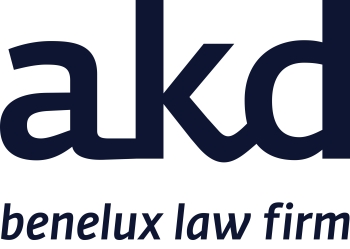On 14 August 2019 The Hague District Court rendered a judgment regarding an inventor's failure to cooperate with the exploitation of his patents.
The claimant, Planet Safe, produces and sells heat-resistant roof elements (Roofclix). The defendant invented the Roofclix product, for which it held a European patent and family patents.
A foundation was established to manage the patent's exploitation, of which the defendant was one of two directors. In 2012 the foundation and the defendant entered into an agreement regarding the sale and transfer of the patent to the foundation. In turn, the foundation was meant to grant Planet Safe a perpetual licence, given that it had covered the patent's development costs.
The directors of the foundation subsequently fell out. As a result, the defendant indicated that he no longer wished to cooperate with the patent transfer as he had yet to receive payment. In light of this, the defendant sent defamatory messages about Planet Safe to potential customers.
Planet Safe initiated court proceedings, requesting a declaration that the defendant had acted unlawfully and was liable. The defendant's refusal to cooperate with the transfer of the patent to the foundation (which would have subsequently granted the claimant a licence) had prevented it from exploiting the patent, including sub-licensing it to third parties (and registering said licences). Given that the patent had since lapsed because none of the parties had paid the requested taxes, Planet Safe had nothing to gain in asking the court to force the defendant to cooperate with the transfer.
The court emphasised the fact that Planet Safe's right to exploit the patent was undisputed. The sale and transfer of the patent to the foundation would have allowed Planet Safe to exploit the patent by promoting, selling and producing Roofclix products. However, it would have been able to enforce the patent against third parties only when notice of the patent's transfer to the foundation and notice of the issuance of a licence to Planet Safe were recorded in the patent register. This was the decisive factor which led the court to rule that the agreement in question required the defendant to cooperate with the registration of the transfer and licence in the patent register.
Although the agreement allowed the foundation to record the patent transfer and the issuance of the licence in the register on the defendant's behalf (by proxy), this did not resolve the issue. The statutes of the foundation (of which the inventor had been a director) stipulated that the directors were only jointly authorised. Hence, despite the proxy provision, the foundation was still dependent on the defendant's cooperation.
Consequently, the court found that the defendant had acted unlawfully and would be liable for any damages (to be determined in a separate procedure). It is likely that Planet Safe's inability to enforce the patent and grant licences resulted in a loss of revenue and profit.
In his counterclaim, the defendant requested payment for the patent transfer, as he had sold and transferred it irrespective of whether this was recorded in the register and was thus entitled to the agreed price. However, the court held that the agreement's purpose was to allow Planet Safe to exploit the patent. As such, the defendant had been obliged to cooperate with the registration of the transfer and licence in the patent register and was entitled to payment only after this occurred. Considering that the transfer had not been effectuated in the patent register (and the patent had lapsed), there was no ground on which to award payment of the transfer price.
With no further knowledge, the court's reasoning with regard to the defendant's counterclaim may raise eyebrows. Normally, payment is required first and performance (ie, the transfer of a patent and the effectuation thereof in the register) may be withheld until the counterparty fulfils its payment duties. However, in this case, the price consisted of a royalty payment which Planet Safe paid to the defendant for each individual Roofclix product that it sold.
This article was first published by the International Law Office, a premium online legal update service for major companies and law firms worldwide. Register for a free subscription.



